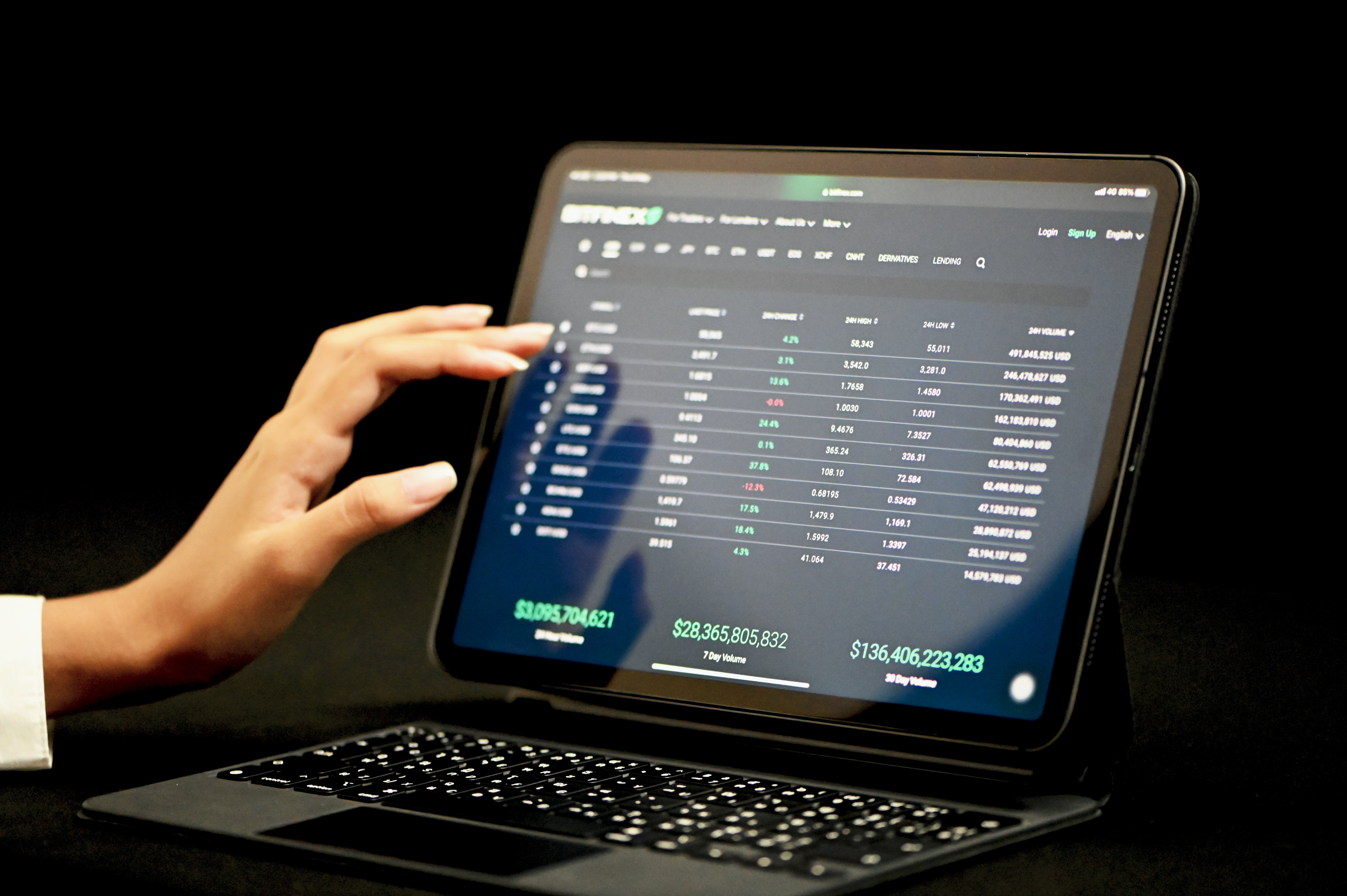Trading Crypto: A Beginner’s Guide to Navigating the Digital Currency Market
Introduction
Greetings, fellow crypto enthusiasts! As a passionate personal blogger and a firm believer in the potential of digital currencies, I am excited to share my journey and knowledge on trading crypto. Whether you are a man or a woman, new to the world of cryptocurrencies or a seasoned trader looking for some fresh insights, this beginner’s guide is here to help you navigate the exciting and ever-evolving crypto market.
Understanding the Basics
Before diving into the world of crypto trading, it is essential to grasp the fundamental concepts and terminologies associated with digital currencies. Cryptocurrencies, such as Bitcoin, Ethereum, or Litecoin, are decentralized digital assets that utilize cryptography for secure financial transactions.
One of the first steps in trading crypto is to set up a digital wallet. This wallet acts as your virtual bank account, allowing you to store, send, and receive various cryptocurrencies. There are several types of wallets available, including web-based, mobile, desktop, or hardware wallets, each with its own advantages and security features.
Choosing the Right Exchange
Now that you have your wallet set up, it’s time to choose a reputable cryptocurrency exchange. These platforms facilitate the buying, selling, and trading of digital currencies. Factors to consider when selecting an exchange include security measures, user-friendly interface, supported cryptocurrencies, and trading fees.
Some popular exchanges include Coinbase, Binance, Kraken, and Bitstamp. It’s important to research and compare different platforms to find the one that suits your trading needs and preferences. Reading reviews and seeking recommendations from experienced traders can provide valuable insights into the reliability and functionality of various exchanges.
Developing a Trading Strategy
Trading crypto requires a well-thought-out strategy to maximize your chances of success. While the market can be highly volatile, having a plan in place can help you navigate the ups and downs.
Begin by setting clear goals and determining your risk tolerance. Are you looking for short-term gains or long-term investments? How much capital are you willing to risk? Answering these questions will help shape your trading strategy.
Technical analysis plays a significant role in crypto trading. Learning to read charts, identify trends, and use indicators can provide valuable insights into market movements. Additionally, staying informed about industry news, regulatory updates, and technological advancements can help you make informed trading decisions.
Managing Risk and Emotions
Trading crypto can be an emotional rollercoaster, especially during periods of market volatility. It’s crucial to manage your risk and emotions to avoid making impulsive decisions that could lead to significant losses.
One key principle is to never invest more than you can afford to lose. Crypto markets can be unpredictable, and it’s essential to only use disposable income for trading purposes. Diversifying your portfolio by investing in multiple cryptocurrencies can also help mitigate risk.
Furthermore, setting stop-loss orders can protect your investments by automatically selling a specific cryptocurrency if it reaches a predetermined price. This strategy can help limit losses and prevent emotional decision-making.
Continual Learning and Adaptation
The world of crypto trading is ever-evolving, and it’s crucial to stay informed and adapt to market changes. Joining online communities, following influential traders on social media, and reading reputable cryptocurrency news sources can provide valuable insights and keep you up to date with the latest trends.
Additionally, learning from your own trading experiences is invaluable. Analyze your past trades, identify patterns, and adjust your strategy accordingly. Remember, trading crypto is a continuous learning process, and adaptability is key to long-term success.
In Conclusion
Trading crypto can be an exciting and potentially lucrative venture. By understanding the basics, choosing the right exchange, developing a trading strategy, managing risk and emotions, and continually learning and adapting, you can navigate the digital currency market with confidence.
Remember, always do your own research and seek advice from professionals before making any investment decisions. Happy trading!




